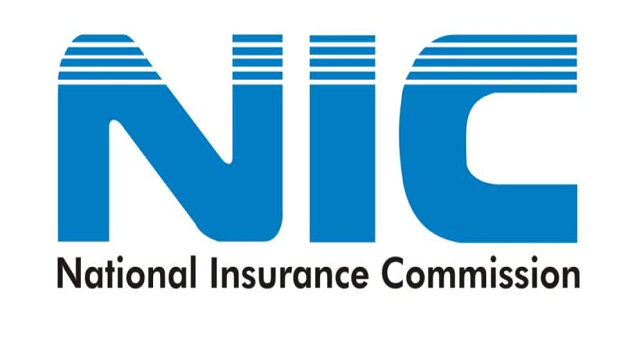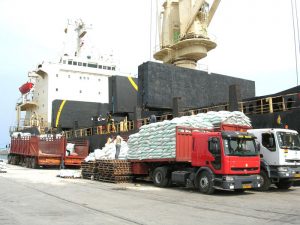The Motor Insurance industry realized a growth rate of 26 percent in 2021, being an 11 percent decline from the previous year; but saw an appreciation in the value of business undertaken – GH₵2.3billion for the year under review.
The industry’s growth trajectory shows an increase from 9 percent in 2019 to 37 percent in 2020, while the value of business undertaken in 2017 had been GH₵566million.
Vice President Dr. Mahamudu Bawumia attributed the growth to implementation of the motor insurance database, while noting that “digitization has dealt a severe blow to corruption in the insurance industry, with no room left for fake insurance certificates”.
As part of the digitalisation drive of government, he said, the National Insurance Commission (NIC) implemented the Motor Insurance Database.
“The objective of introducing the Motor Insurance Database is to curb the menace of vehicles with fake motor insurance stickers plying our roads, thus endangering lives and property,” he stated.
According to Dr. Bawumia, with the digitalization of motor insurance in Ghana all insurance policies, which now have key security features, have been synchronized to a national database.
This, he observed, can be accessed simply with any mobile phone by the insured, the Police and the general public.
He urged the public to also self-check the authenticity of their insurance policy by dialling a USSD code and following the instructions thereafter to know the insurance status of the vehicle.
The Vice President, who was speaking at the Annual General Meeting and Education Conference of the West African Insurance Companies Association (WAICA) in Accra, said the country is on a recovery path from ravages of the global COVID-19 pandemic.
“Our recent growth statistics released by the Ghana Statistical Service show a performance higher than projected.
“Such a growth performance should ultimately reflect averagely on all key drivers of the economy. The insurance industry certainly becomes a critical area of focus in terms of the drivers that can contribute to a country’s growth spurt,” he stated
He asserted that a strong correlation exists between the level of a country’s economic development and how developed its insurance sector is. “While correlation does not necessarily imply causation, the benefits of a well-developed insurance market to a country are enormous,” he added.
Given the tremendous benefits and contribution of insurance to the economy, he said, government moved to strengthen the insurance industry.
This, among others, includes passage of the new Insurance Act 2021 (Act 1061) which provides a stringent regulatory framework to protect consumers and increase accessibility to insurance for the Ghanaian populace – particularly the informal sector operators and consumers in the low-income brackets.
Also government has embarked on a recapitalization of the insurance industry to help strengthen the balance sheets of regulated insurance entities.
Furthermore, government anticipates active participation from the insurance sector in development of the capital market by improving the industry’s current investment mix.
This year’s WAICA meeting was held under the theme ‘The New Normal; Fact or Fiction – How Realistic is the Practice and Spread of Insurance in West Africa?’
The Commissioner of Insurance of the National Insurance Commission (NIC), Dr. Justice Yaw Ofori, also speaking at the event noted that the ongoing recapitalization of the market remains one of NIC’s crucial projects.
“We believe that its implementation will set the platform for marked growth and profitability of companies within the industry,” he stated.
Moreover, he added: “The landscape of insurance on the continent keeps changing due to customer expectation and technological development, and as such insurers must transform their business and operating models to re-emerge stronger than before”.
Also, Dr. Ofori acknowledged that it is important for insurance regulators to set requirements for guidance to exploit untapped regional opportunities.






